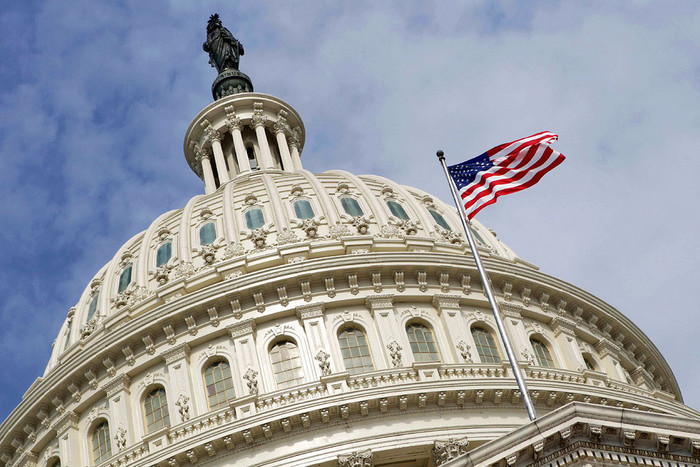U.S. Congressmen Propose Sanctions Against Azerbaijan in Case of New Aggression Against Armenia

U.S.
Congressmen Darrell Issa and Gus Bilirakis have introduced the “Preventing
Escalation and Advancing Caucasus Engagement Act (PEACE Act, H.R. 5632)” in
the House of Representatives. The bill proposes sanctions against Azerbaijan in
the event of new military aggression against Armenia.
The
proposed measures include freezing the assets of Azerbaijani officials,
imposing visa bans, and applying financial restrictions on banks facilitating
trade in Azerbaijani oil. However, the bill also includes exemptions for
humanitarian aid and essential goods, indicating an attempt to account for the
humanitarian dimension. The legislation would remain in effect for seven years
following its adoption.
The
bill was introduced on September 30, 2025, and immediately referred to three
House committees – Foreign Affairs, Judiciary, and Financial Services. It is
currently at an early stage of the legislative process and has not yet been
reviewed by the committees. If approved there, it will require subsequent
passage by the House and Senate, and finally, the signature of the U.S.
President.
The
bill expresses support for Armenia’s sovereignty and endorses the peace
initiatives of Prime Minister Nikol Pashinyan. This American initiative could
be interpreted as a political signal to Azerbaijan, urging restraint toward
Armenia. At the same time, the bill’s success depends on multiple factors – the
political will of U.S. lawmakers, Washington’s strategic priorities in the
South Caucasus, and Baku’s response.
Even
if the bill does not become law, its very introduction demonstrates that
Washington is considering a tougher stance toward Azerbaijan, thereby
increasing diplomatic pressure on Baku.
The
proposal serves as a warning: in the event of renewed aggression, sanctions
could follow. However, it also shows that the United States seeks to act as a
“third party” attempting to intervene in regional tensions. In practice, the
legislative path is long – committees, debates, lobbying influences, and
geopolitical calculations could all shape the outcome.
If adopted, the bill could shift the regional balance of power: Azerbaijan might reconsider its diplomatic and economic strategies, particularly in the oil export and banking sectors, while Armenia would gain an additional instrument of international support.
Source: Armenpress.am
 Latest news
Latest news Latest news
Latest newsKazakhstan to Fully Transition to Digital Governance: Tokayev Announces Creation of New Ministry
10.Oct.2025
State Duma Denounces Plutonium Disposal Agreement with the United States
09.Oct.2025
U.S. Congressmen Propose Sanctions Against Azerbaijan in Case of New Aggression Against Armenia
08.Oct.2025
Russia Intensifies Strikes on Ukraine’s Energy Sector: Major Thermal Power Plant Damaged
08.Oct.2025
Ukraine Receives €300 Million from the European Investment Bank for Winter Gas Purchases
07.Oct.2025
Canada Ready to Invest Up to $5 Billion in Armenia’s Mining Sector
07.Oct.2025
Municipal Elections in Georgia: Protests, Charges, and Growing Tensions with the EU
06.Oct.2025
Iran’s Parliament Approves Currency Redenomination to Remove Four Zeros from the Rial
06.Oct.2025
Trilateral Meeting of Azerbaijan, Russia, and Iran to Be Held in Baku
05.Oct.2025
Georgia after Municipal Elections: Protests and Political Crisis
04.Oct.2025

 14 Oct 2025
14 Oct 2025








